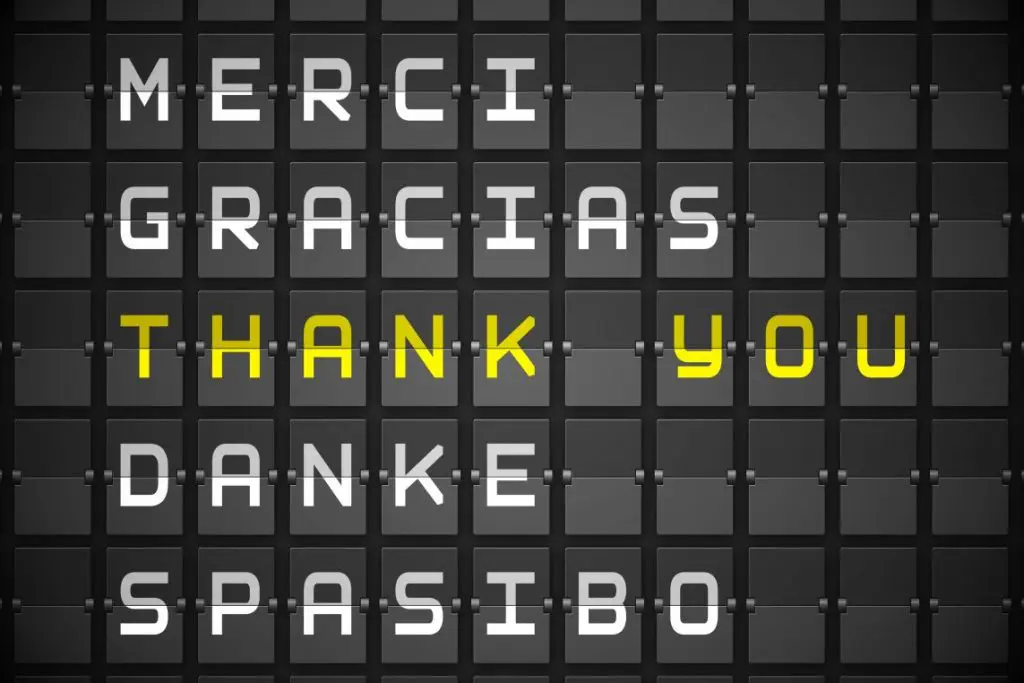German and Portuguese: Key Features of Translation
During translation from German to Portuguese, or vice versa, it is crucial to consider the differences between the two languages. Despite certain similarities, we have decided to show you how these two European languages differ. Therefore, we will see the key features to be considered when translating.
-
Tenses
While the most common tenses, both simple and compound, are similar in the two languages, there are some tenses used in Portuguese, which are not present in German. This includes the future subjunctive and future perfect subjunctive, clearly problems can develop from this, as it means that any passage containing these tenses cannot be directly translated. Therefore, this issue requires close attention if you are translating a text between these two languages.
-
Noun Endings
In Portuguese the last letter of a noun is often an indicator of the form of the noun. For instance, the noun ending a is often a signal of the feminine form and o for the masculine form, while the most common plural ending is -s. This ending is almost never added in German, to indicate the plural form, the much more common changes are adding -e to the end of the noun, either with or without an umlaut. Other common adjustments include adding -n, or -en, or putting an umlaut onto a vowel in the middle of the word. This is an important factor in translation, as confusion over singular versus plural could distort the meaning of a given sentence.
-
Regional Variations
Although it is in essence the same language, the German used in Germany differs greatly from that used in Austria. As the countries with Portuguese as an official language are spread much wider geographically, spanning three continents, there is even more regional variation. For instance it is only natural that the Portuguese used in Brazil would have seen some significant changes from the form used in Portugal itself. It is thus crucial to be aware of the source country of any Portuguese text to be translated into German, and vice versa, so that you will know which particular variations to look out for.
Now that you know more about the features of translation between German and Portuguese, why not take a look at our articles on the difficulties of translating between other language pairs.

